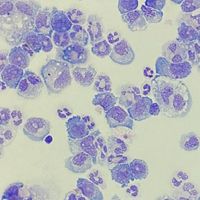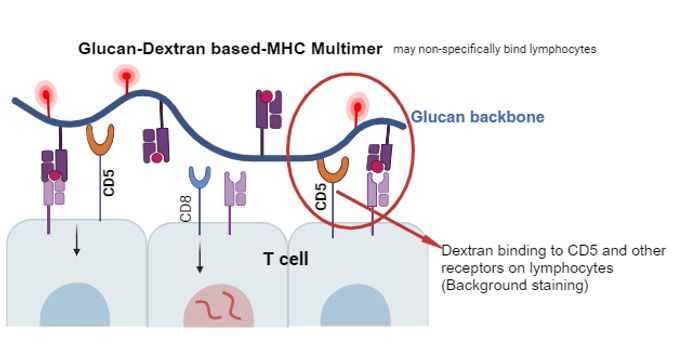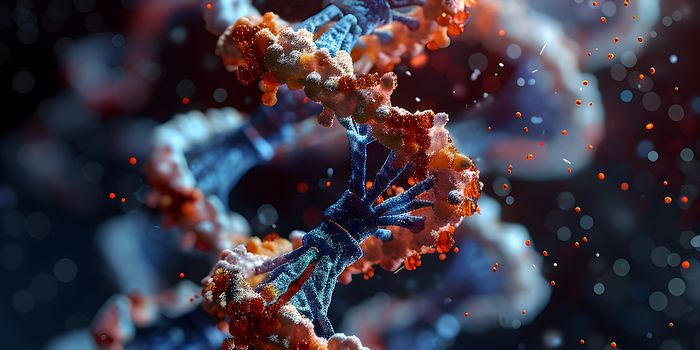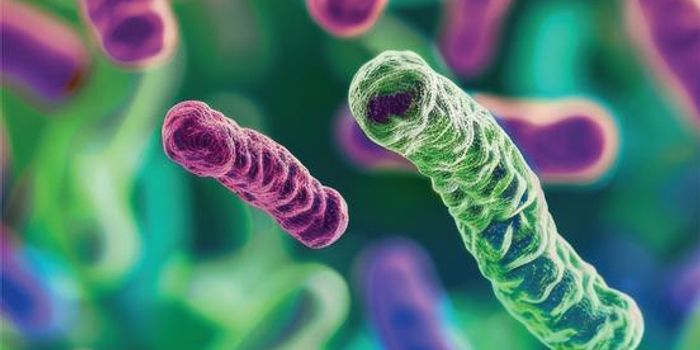Proteins from Hepatitis E Virus Damages Kidneys
Hepatitis E Virus, or HEV, is a viral infection that generates inflammation of the liver. The disease is commonly transmitted through contact with contaminated drinking water and is common in East and South Asia. However, it is becoming apparent that HEV is contracted by those in any region with weakened immune systems. Symptoms include fatigue, fever, nausea, vomiting, abdominal pain, joint pain, loss of appetite, and jaundice. HEV usually resolves itself in about six weeks with hydration and rest. Those with weakened immune systems, including pregnant women, must talk to their doctor to discuss the best treatment approach. Fortunately, the mortality rate is low for those who contract the illness. However, it is unclear what the impact of HEV is on other organs, including the kidneys. Scientists are currently investigating the effects of HEV on tissues throughout the body.
A recent article in Nature Communications by Dr. Achim Weber and others demonstrate that HEV indirectly weakens kidney function for the first time. Weber is a professor at the Institute of Molecular Cancer Research at the University of Zurich. His work focuses on cell death within the context of cancer and the pathology of the gastrointestinal tract. He explicitly studies liver cancer and the influence of HEV on cancer.
Weber and his team discovered that HEV-infected liver cells secrete proteins that damage kidney function. Specifically, these proteins become reactive to antibodies in the blood, which dysregulate the filtering structure of the kidney. In collaboration with research teams in France, Weber and colleagues analyzed patient samples to understand how kidney dysfunction occurred from HEV infection.
The team used various laboratory techniques to understand the underlying mechanism behind HEV kidney dysfunction. Researchers found that secreted proteins from HEV-infected liver cells bind to other viral proteins and are released into the blood. Antibodies in the blood then recognize these proteins and stick to them. As a result, these viral protein antibody structures accumulate in the kidney filtration system, known as the glomeruli. Unfortunately, this results in kidney damage and can lead to kidney failure if not detected.
Weber and his team discovered this underlying mechanism when investigating how patients had kidney failure after recent kidney transplants years earlier. Further investigation found that the same individuals had HEV and were not diagnosed right away. According to Weber, late diagnosis is common, and harmful effects can result from later detection. Therefore, HEV within the liver is not fatal, but undetected HEV can have long-term consequences in the kidney.
Weber and his colleagues are the first to have found the underlying cause of kidney dysfunction prompted by HEV. Specifically, they found that HEV-infected liver cells secrete proteins that accumulate with antibodies, leading to kidney failure. This is a significant finding in the field of HEV and kidney disease. It was previously unknown why individuals with HEV were having kidney problems. This discovery can potentially improve viral treatments and make physicians more aware of the HEV’s effect on kidney function. Overall, the mechanism outlined in the paper establishes a basic understanding of kidney disease pathology and will help better treat HEV patients.
Article, Nature Communications, Achim Weber, University of Zurich








